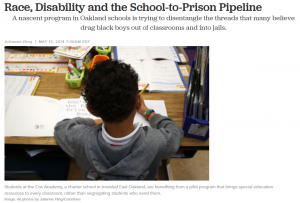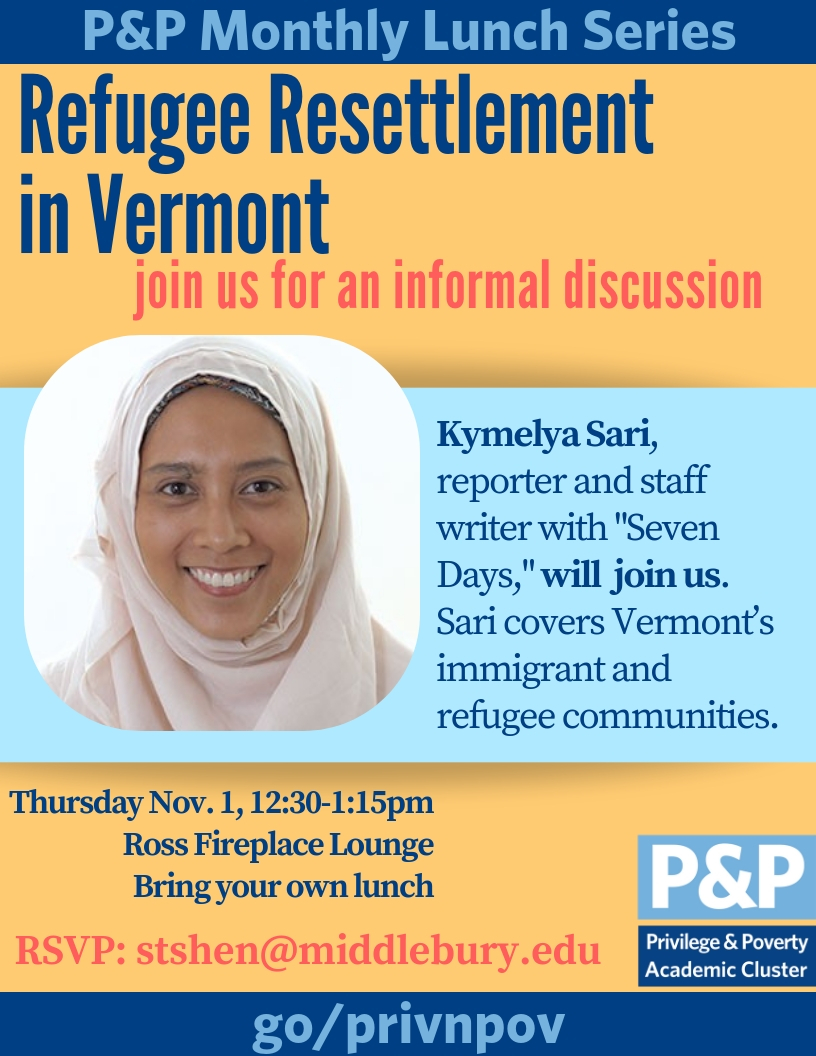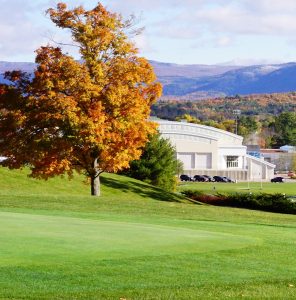
The Middlebury College Center for Community Engagement. the Privilege & Poverty Academic Cluster, and the University of Vermont College of Education and Social Services, with support from the Fieldstone Foundation, presented the 2018 VEAP Symposium – “Fostering Equitable Communities: The links between environments and poverty” on Friday, October 26th, 2018 at the Kirk Alumni Center. The symposium was organized to provide an opportunity for students, faculty, staff and community partners to consider, together, such questions as:
- In your community, what links have you seen between poverty and the environment?
- How has climate change impacted your thinking about community, particularly as the impact relates to individuals and families living in poverty?
- How can we best situate experiential learning opportunities at the intersection of environment and poverty to foster equitable communities?
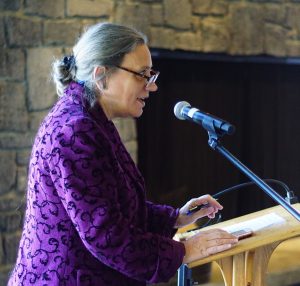
Middlebury College President Laurie L. Patton
Middlebury College President Laurie L. Patton, and Privilege & Poverty Cluster Academic Director and Professor of Religion James Calvin Davis, delivered welcoming remarks. Each highlighted, in their own ways, the importance of integrating place-based experiential learning within the academic curriculum. President Patton described the kind of integration of service learning and academic curriculum represented in the Privilege & Poverty Academic Cluster as emblematic of the strategic directions expressed in the Envisioning Middlebury strategic framework.
Professor Davis moderated an opening panel session that featured UVM and
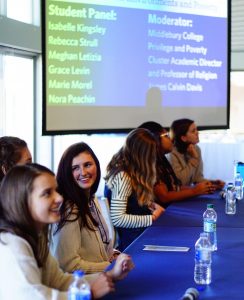
Student panelists (from left): Isabelle Kingsley (UVM), Rebecca Strull (Middlebury), Meghan Letizia (UVM), Grace Levin (Middlebury), Mariel Morel (UVM), Nora Peachin (Middlebury)
Middlebury College students discussing their experiences studying poverty through service learning internships in Vermont and around the country. The
students discussed how their classroom learning informed their service experiences, as well as the insights those experiences have provided into their further academic work. The panel session was followed by breakout discussions among the symposium attendees to consider how to foster more service learning opportunities at the intersections of poverty and environments.
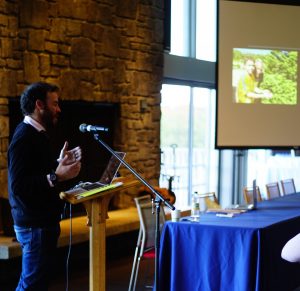
UVM Gund Institute Fellow Brendan Fisher
The keynote address was delivered by UVM faculty members Brendan Fisher and Trish O’Kane. Fisher discussed his work with impoverished communities in Mozambique, the impact of environmental degradation on those communities, and the ways that those communities are working to steward their environments.
O’Kane discussed her work building a environment-focused mentorship program that connects college students with middle school students through outdoor programming such as birding.
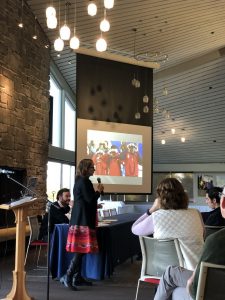
UVM Rubenstein School lecturer Trish O’Kane
Middlebury College Associate Professor of Environmental Studies Rebecca Kneale Gould closed the conference with her keynote response, describing access to beauty as a basic human right.
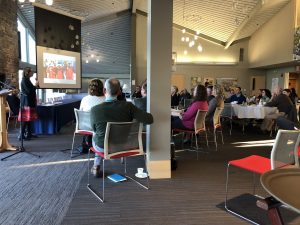
Trish O’Kane describes her work as an environmental educator
The over fifty attendees represented faculty, students and staff from Middlebury and UVM, as well as representatives from community partner organizations, state offices, and the national Shepherd Higher Education Consortium on Poverty.
The Vermont Educational Alliance on Poverty (VEAP) brings its members together to address issues of poverty in Vermont, through collaborative efforts between member institutions and with community partners. Students, faculty, and staff engage poverty by way of classroom and experiential learning, research, and public advocacy. The Alliance’s activities build student capacities for recognizing and responding to poverty in a wide range of career trajectories, while contributing to the development of human capital in Vermont.
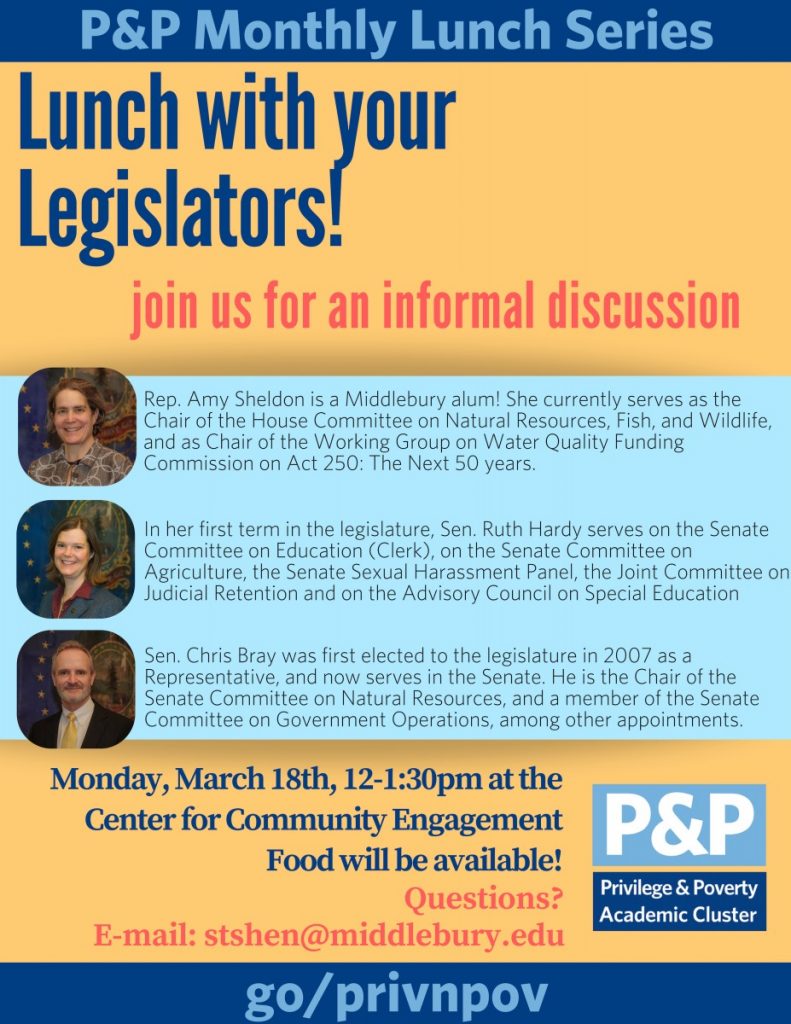
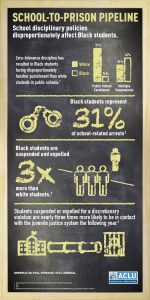
 Join P&P as we discuss the work of the educational justice movement toward dismantling the school-to-prison pipeline, and toward building equity and parity in American education. Author, journalist and radio host David Goodman will discuss a new new collection of essays from leaders, activists and thinkers in the educational justice movement.
Join P&P as we discuss the work of the educational justice movement toward dismantling the school-to-prison pipeline, and toward building equity and parity in American education. Author, journalist and radio host David Goodman will discuss a new new collection of essays from leaders, activists and thinkers in the educational justice movement.